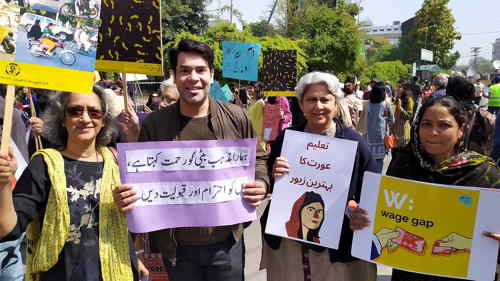Sex Toys: Good or Evil? (2)
[ad_1] Consequences There are dire consequences for using sex toys. First, it will attract legions of sex demons (incumbi and succumbi) spirits to you. Second, it will make you permanently spiritually unfit and cause leakages of spiritual powers, gifts, confidence and abilities. Third, it is immoral and thus, a sin against God. Four, it will […]
Sex Toys: Good or Evil? (2) Read More »






